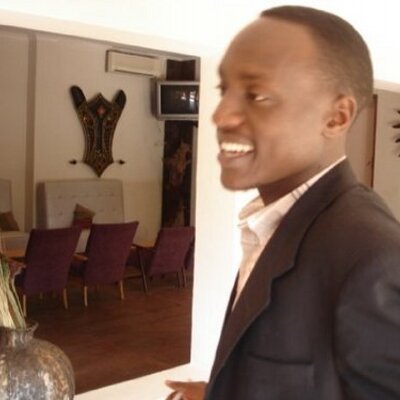
A CONSORTIUM of organisations is working towards bridging the gap of mistrust and lack of communication between residents and local authorities as well as villagers and mining companies.
BY OBEY MANAYITI

The consortium includes the Law Society of Zimbabwe, Institute for Sustainability Africa (INSAF), Women in Politics Support Unit (WIPSU) and Urban Councils Association of Zimbabwe (UCAZ).
A local government expert, Charlton Tsodzo, who is part of the consortium, said the group was soliciting for views on how local authorities and mining companies were relating to people and the views would be presented to Parliament for use in the realignment of the country’s laws.
So far, the consultative meetings have been conducted in Shurugwi, Bulawayo, Zvishavane and Runde.
“We are sensitising residents of their rights on social service delivery as well as identifying and understanding the gaps with other targeted key stakeholders especially local authorities and mining companies,” Tsodzo said in an interview during a consultative workshop in Mabvuku yesterday.
“We have been hearing from people that sometimes they distance themselves from participating in important issues because of mistrust and miscommunication between them and the authorities.”
- Chamisa under fire over US$120K donation
- Mavhunga puts DeMbare into Chibuku quarterfinals
- Pension funds bet on Cabora Bassa oilfields
- Councils defy govt fire tender directive
Keep Reading
He said there were companies in the extractive sector that go out of their way to avoid engaging the people.
“So what we are trying to do is to sensitise them on the need to dialogue and collectively handle challenges affecting different communities,” Tsodzo said.
“At the end of the consultative meetings, we will take all the submissions into model laws, which will be submitted into Parliament, so that they take the input into realignment of the laws.”
Stakeholders said the consultative meetings should be gender-sensitive to enable them to get full information on challenges affecting women.
Mabvuku residents complained that Harare City Council was not responding to their problems, including poor road networks, water delivery and refuse collection, among others.
Sylvia Bhasikoro of the Harare Residents’ Trust said efforts to engage city officials always yielded nothing, hence residents were losing confidence in the local authority.
She said in some areas, residents had gone for 15 years without water, but council continued to turn a blind eye to the problem.











